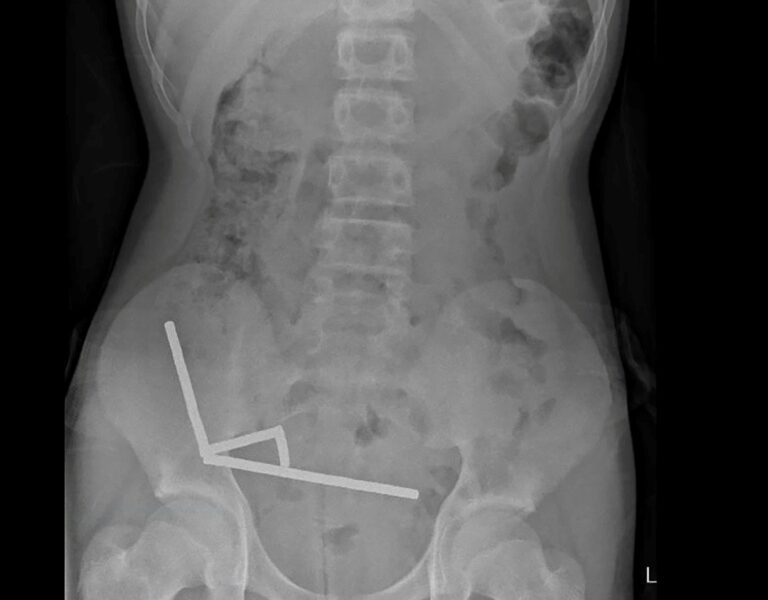Surgeons at Tauranga Hospital in New Zealand removed up to 100 high-power magnets from the intestines of a 13-year-old boy who ingested them after purchasing them online. The incident has raised serious concerns about the safety of products sold on e-commerce platforms.
The boy experienced severe abdominal pain for four days before being admitted to the hospital. According to a report published in the New Zealand Medical Journal, he revealed that he had swallowed approximately 80-100 neodymium magnets, measuring 5×2 mm, about a week prior to his hospital visit.
Doctors identified the magnets clumped together in four straight lines within the child’s intestines, which they noted were “adhered together due to magnetic forces.” The pressure exerted by the magnets caused necrosis, or tissue death, in several areas of the boy’s small bowel and caecum, a part of the large intestine.
Surgeons performed an operation to remove the dead tissue and extract the magnets. The unnamed boy spent eight days in the hospital but was ultimately able to return home. The authors of the medical paper, Binura Lekamalage, Lucinda Duncan-Were, and Nicola Davis, emphasized that this case illustrates the dangers associated with magnet ingestion and the risks presented by online marketplaces for children.
The magnets involved have been banned in New Zealand since January 2013 due to their potential hazards. In response to the incident, the e-commerce platform Temu stated that it has launched an investigation to ensure compliance with local safety requirements. A spokesman for Temu expressed regret over the boy’s surgery and confirmed that the company is reviewing relevant product listings to prevent future occurrences.
At this stage, Temu has not confirmed whether the magnets were purchased through its platform or identified the specific product in question. The company has faced criticism from various markets, including the European Union, for allegedly failing to adequately remove illegal products from its site.
Health professionals warn that ingesting magnets can lead to complications such as bowel obstruction, abdominal hernia, and chronic pain later in life. The case serves as a stark reminder of the potential dangers posed by seemingly innocuous items sold online, particularly to vulnerable populations such as children.
As investigations continue, both medical professionals and consumer advocates emphasize the need for stricter regulations to protect young users from hazardous products available through online shopping platforms.







